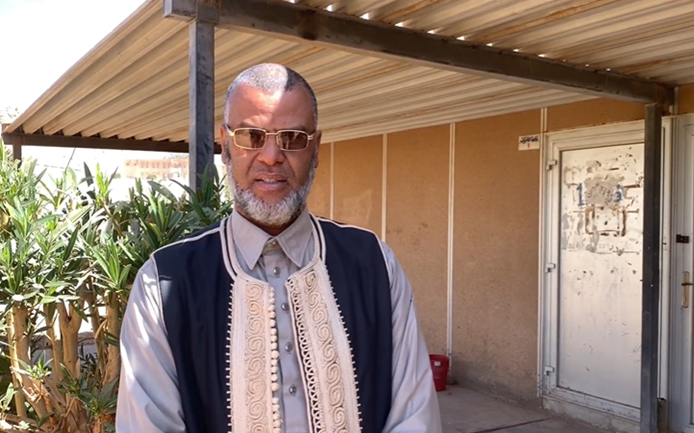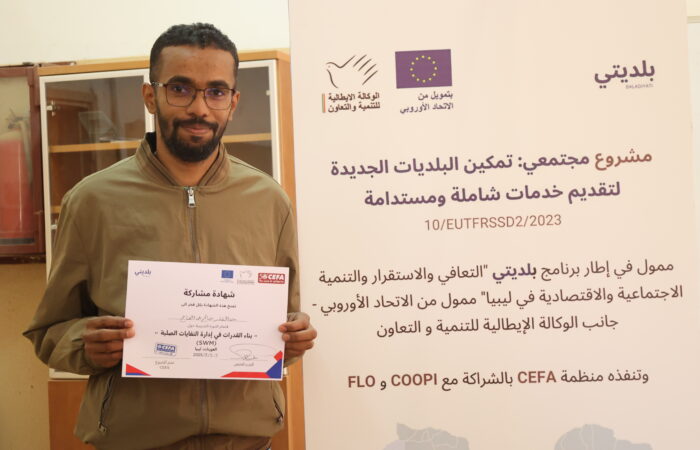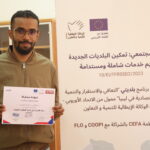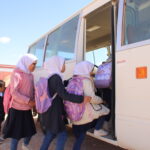In Southern Libya, a powerful transformation is unfolding, shedding light on the long-overlooked need for inclusive education for children with disabilities. Educators and trainers are coming together, blending their expertise and dedication to create an education system that welcomes and supports every child, regardless of their abilities.
At the forefront of this movement are the municipalities of Brak Al Shati and Alghurdha, where educators have received specialized training to equip them with the skills, tools, and insights needed to support students with disabilities. These efforts, promoted by We World-GVC within the framework of the AICS component of the EU-funded Baladiyati Programme, are laying the foundation for a culture of inclusion in schools, seeking to create opportunities for all children to learn and thrive.
One trainer, reflecting on his experience after completing the training, expressed deep gratitude: “I would like to thank the municipalities of Brak Al Shati and Alghurdha for this wonderful initiative.”
The trainer emphasized the broader significance of the training: “It is a great opportunity to conduct this course in integrating people with disabilities into the educational process. These children truly need our support.”
The course equipped educators with the understanding and resources needed to ensure that no child is left behind, especially those who have historically been marginalized due to a lack of support and awareness.
The impact of this initiative resonated with all participants. Asma, one of the teachers who took part in the training, shared her personal reflections: “We learned how to improve communication with them and support their integration into educational institutions and society, while fostering their self-esteem.” For Asma, the training reshaped her understanding of her role as an educator — transforming her into an advocate for inclusion, one who can actively contribute to the empowerment of every child in her classroom.
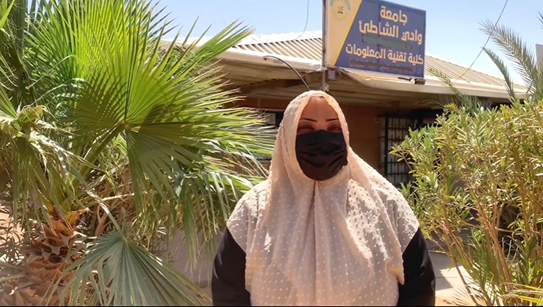
One key lesson from the training was the realization that a country’s progress can often be measured by how it treats its most vulnerable populations. By investing in these training opportunities, the two municipalities are not only improving educational outcomes for children with disabilities but are also setting an example of compassion and progress for the entire region.
The enthusiasm and positive feedback from the trainees were evident. Zaidan, one of the participants, shared: “We benefited greatly from this course. It helped us develop our skills and qualifications in working with children with disabilities, which will improve our performance in our roles. Courses like these are essential for social workers, psychologists, and counselors because they help enhance the educational process for these individuals.”
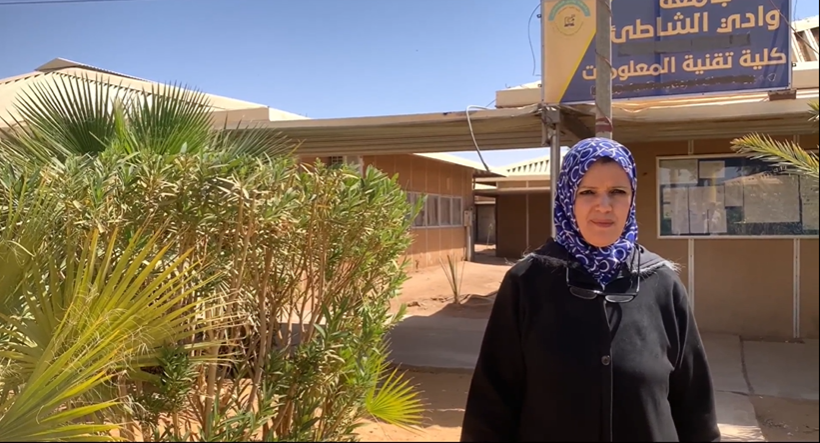
As the training came to an end, there was a shared sense of hope and determination. One trainer expressed optimism about the future: “We hope there will be more, larger courses in the future. The need for continued education and training in this area is undeniable.”
In a region where access to basic services has long been a challenge, initiatives like this one are making a tangible difference. By focusing on inclusivity and supporting vulnerable populations, the municipalities of Brak Al Shati and Alghurdha are setting an inspiring example for the rest of Libya.
This story was written by AICS based on content collected on ground by We World-GVC
Photo credit: We World-GVC

